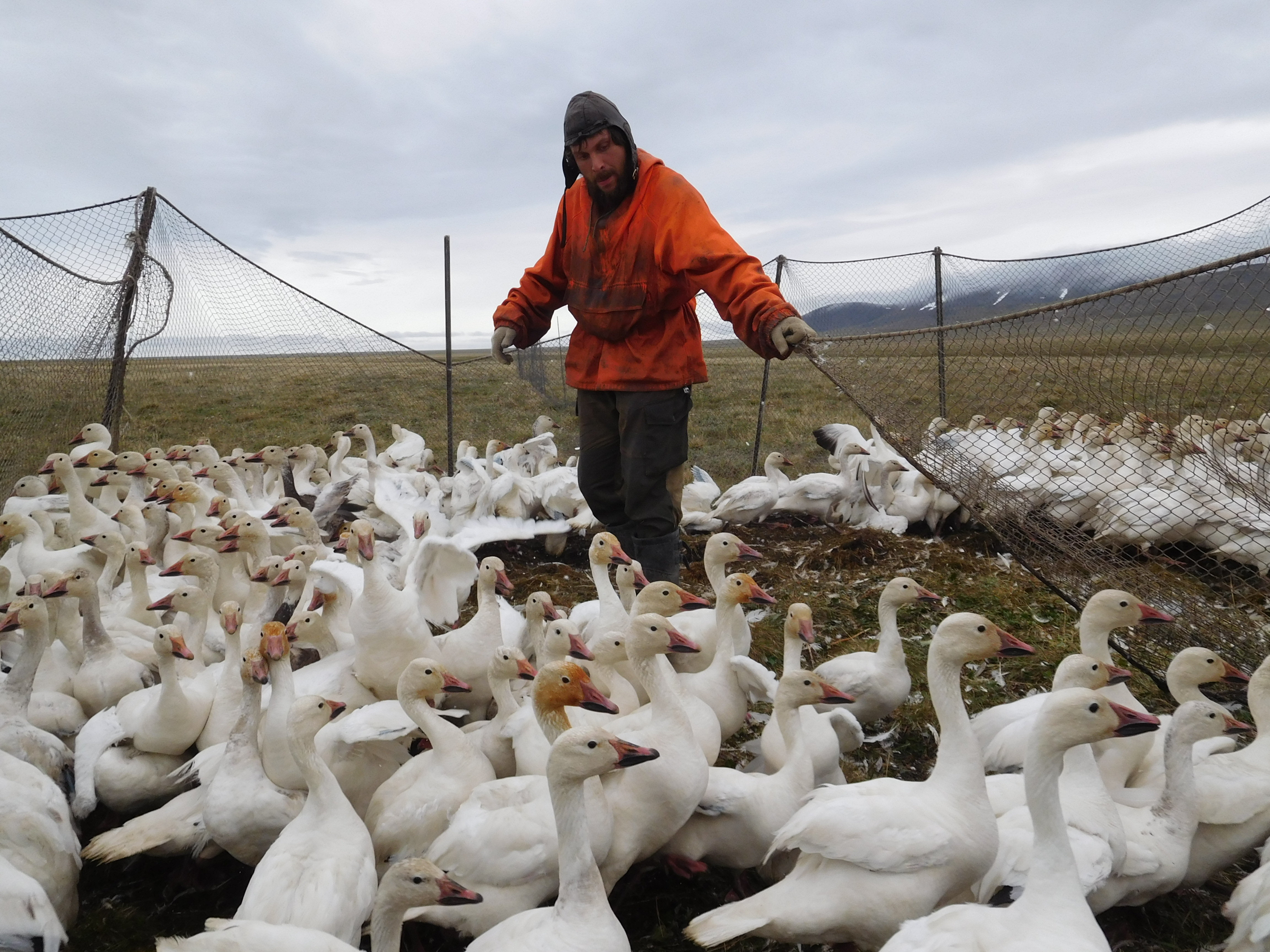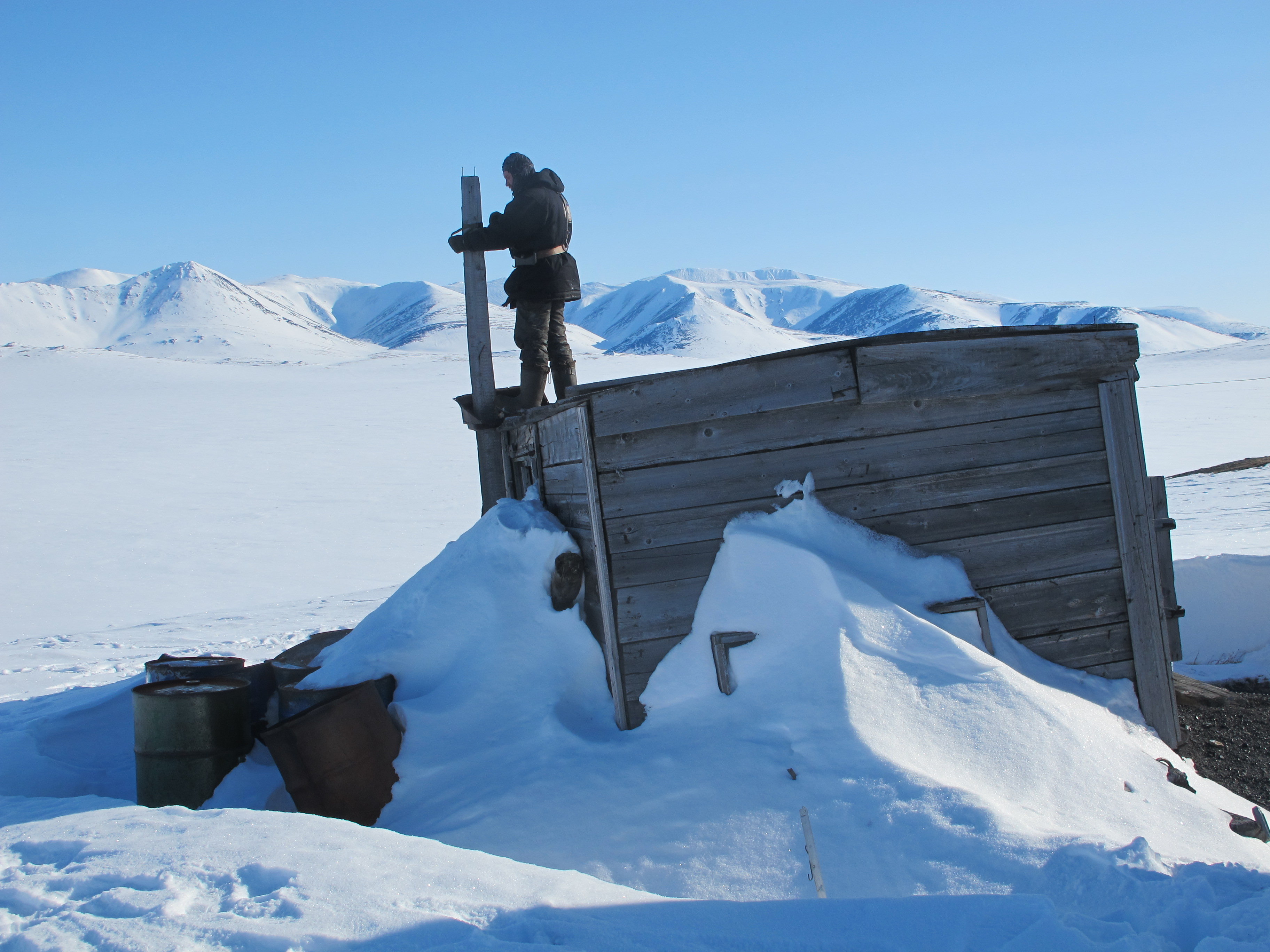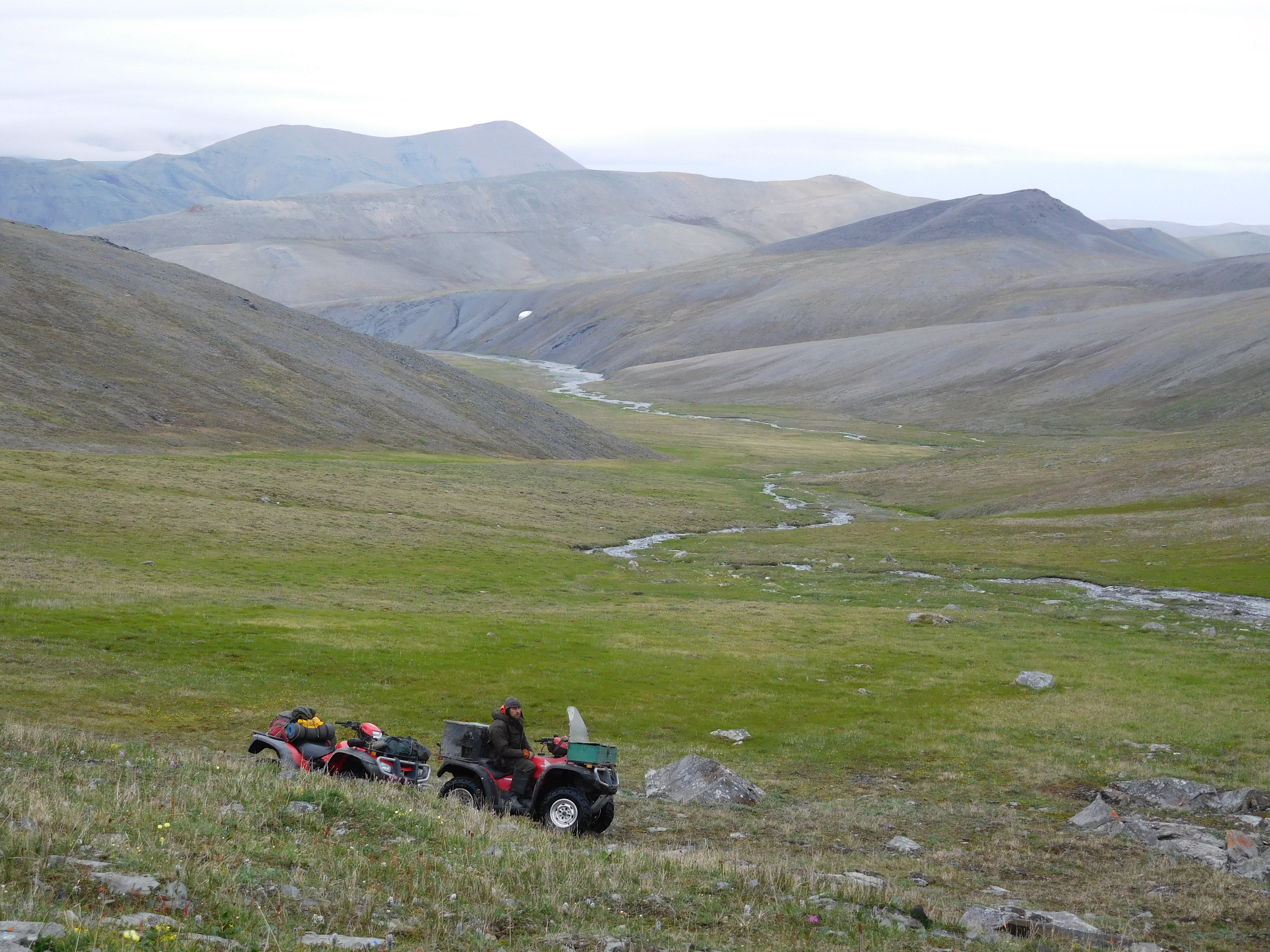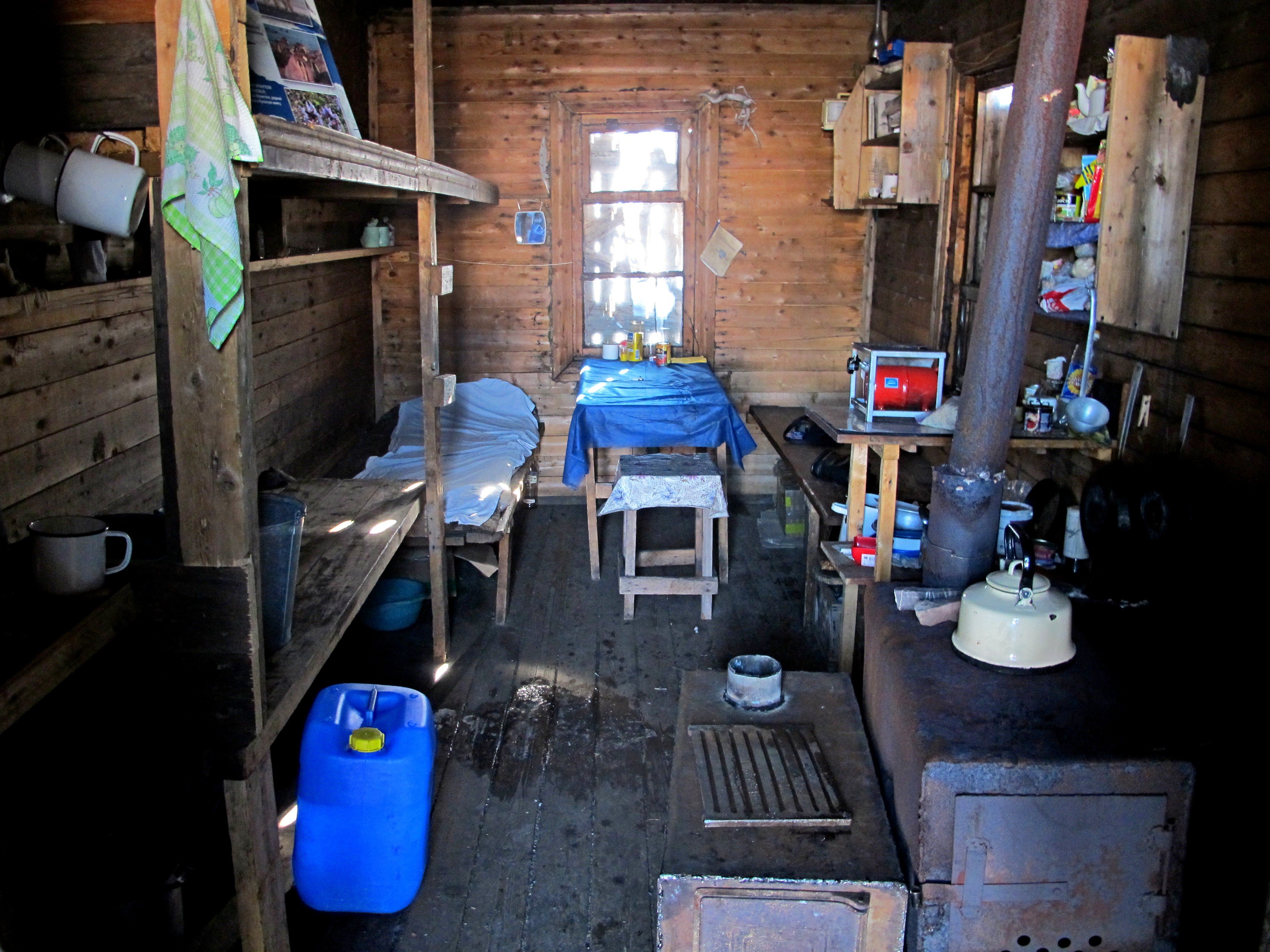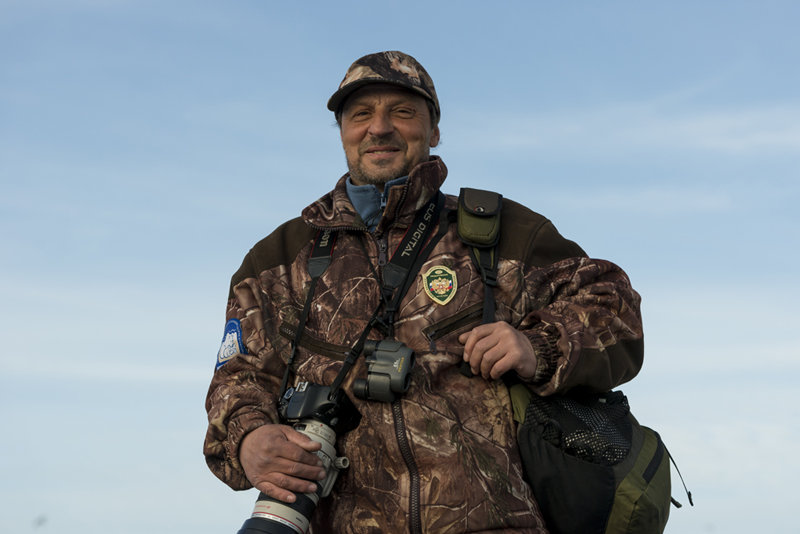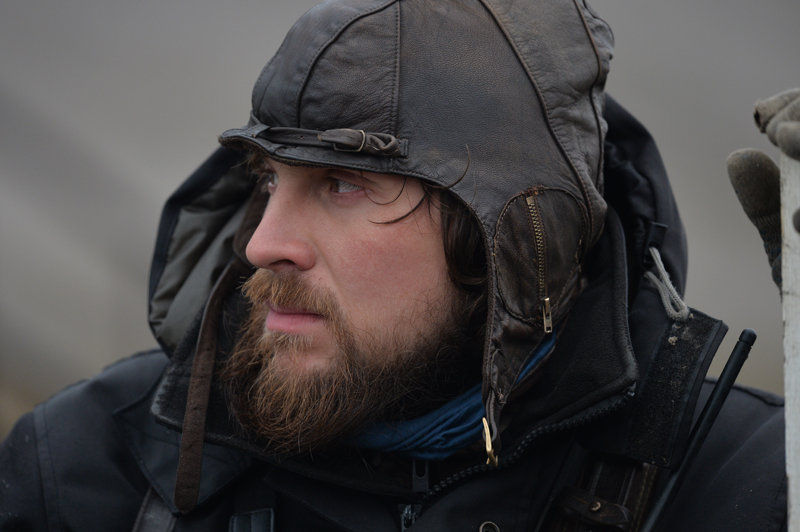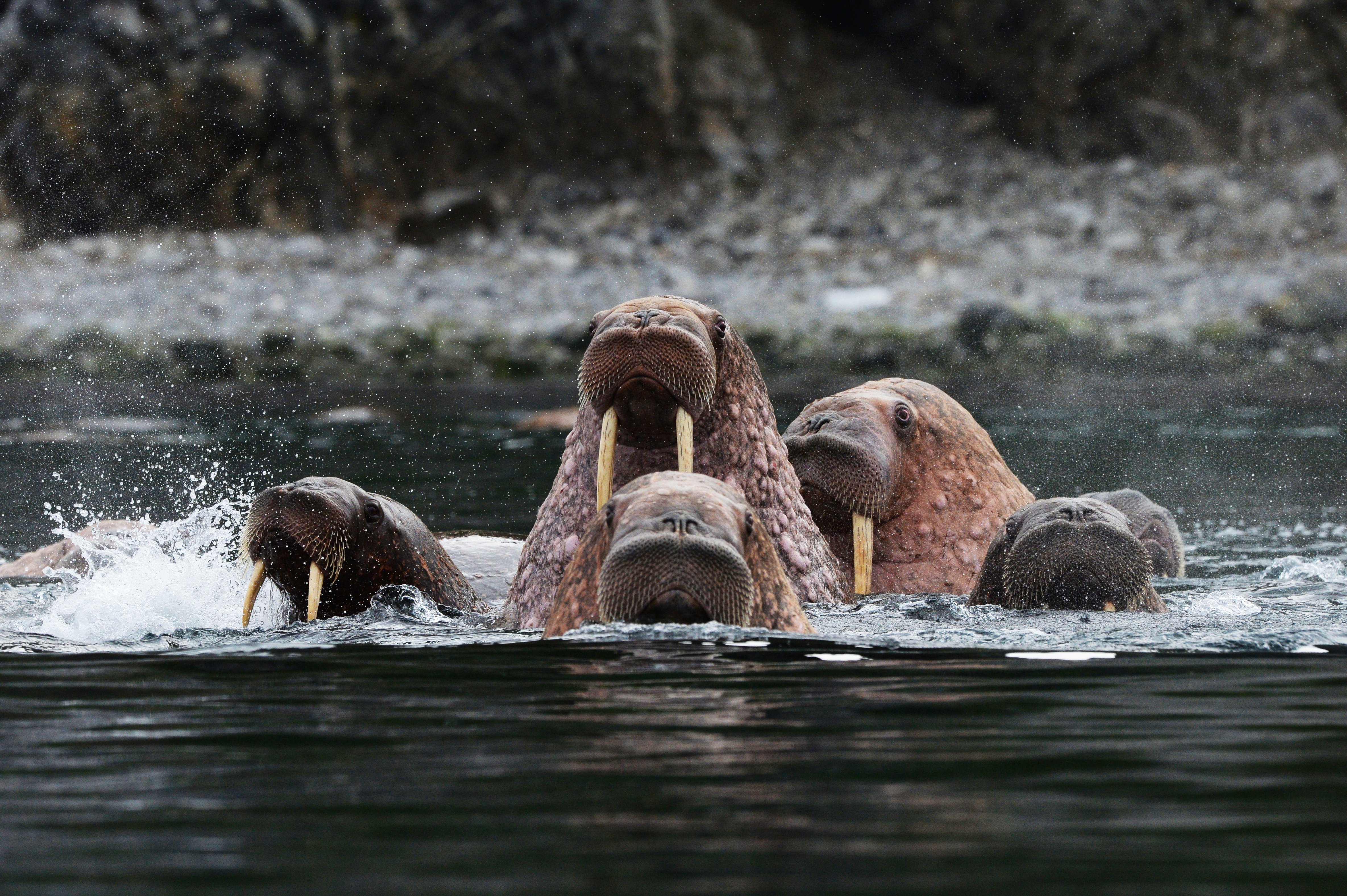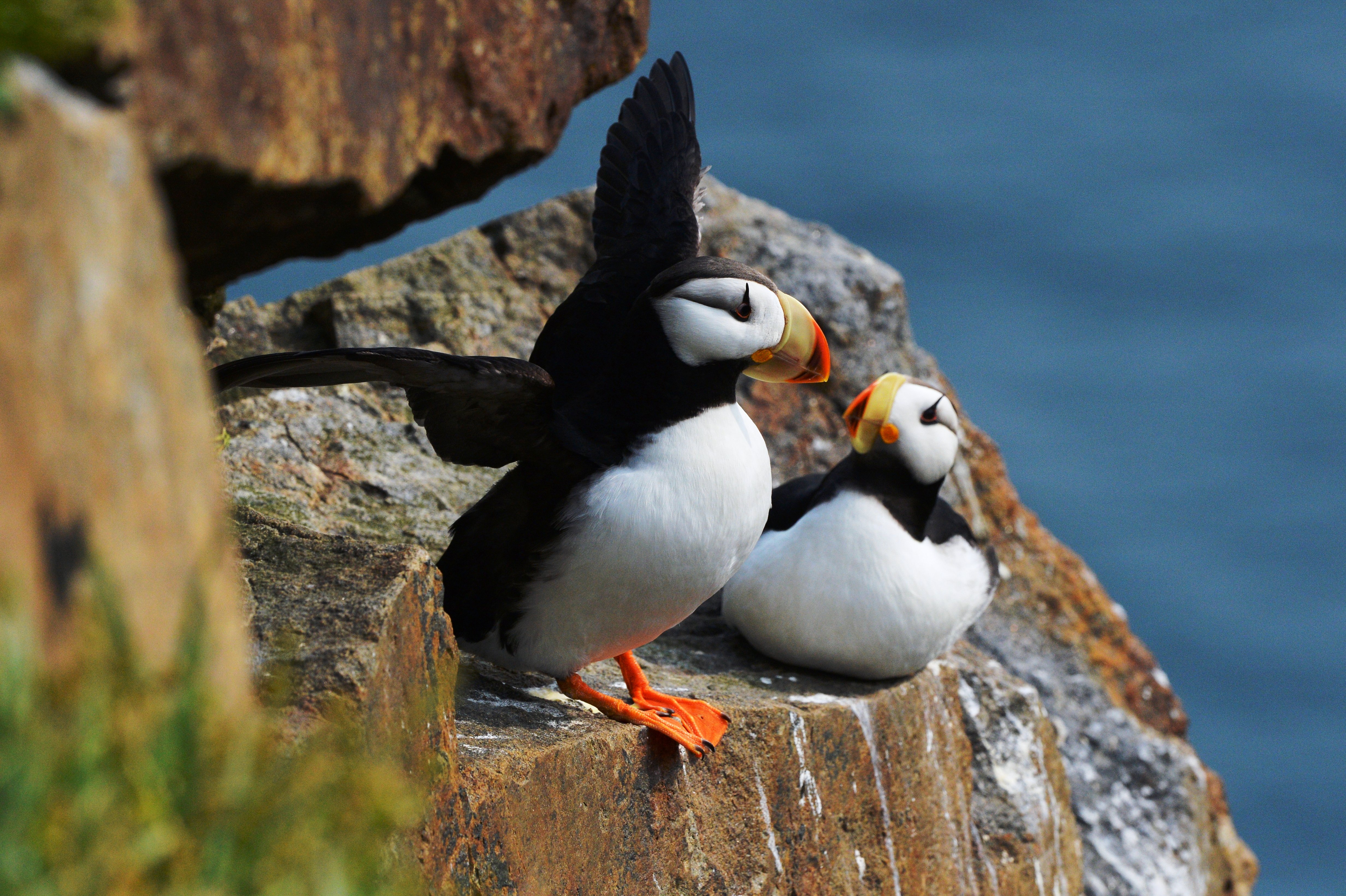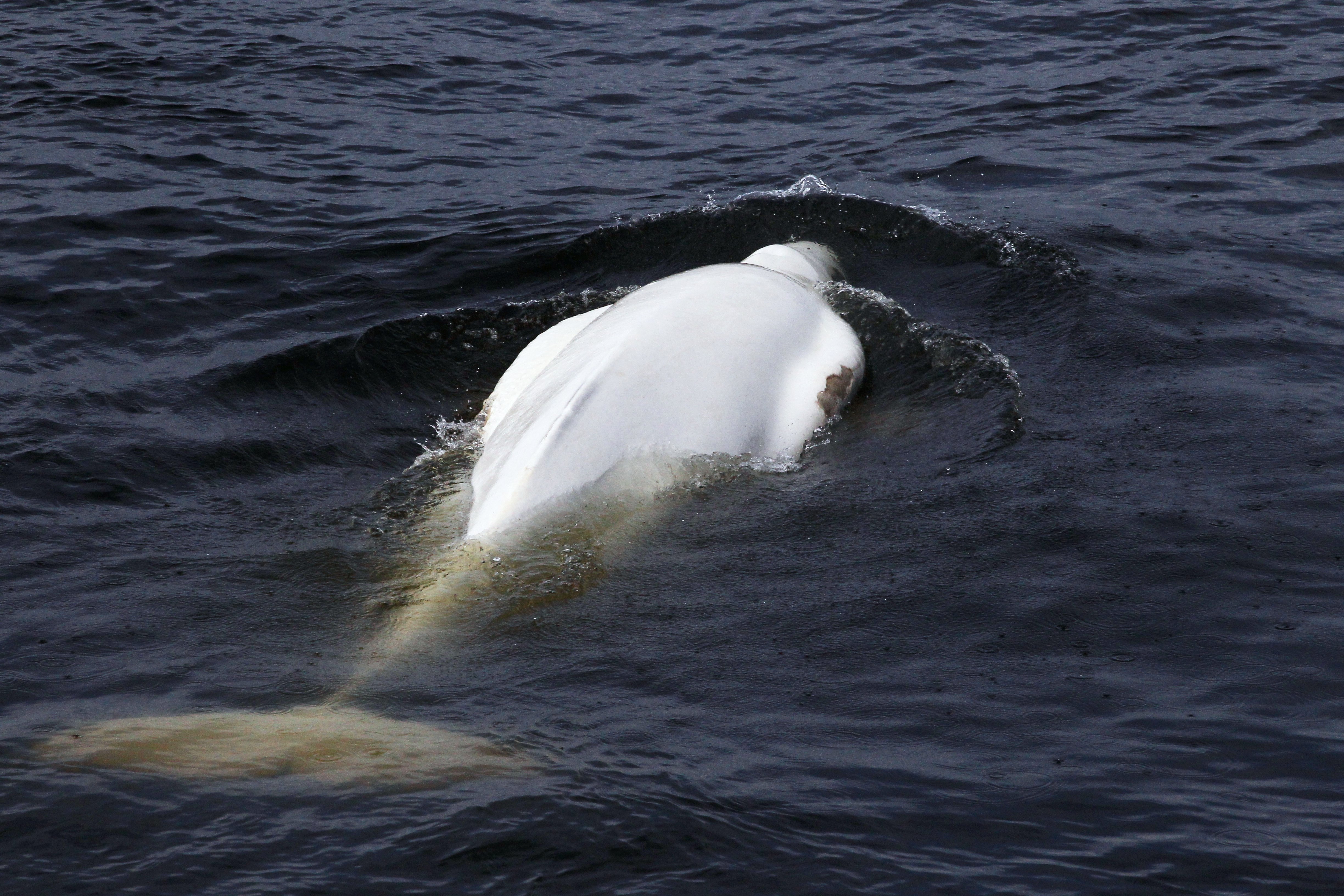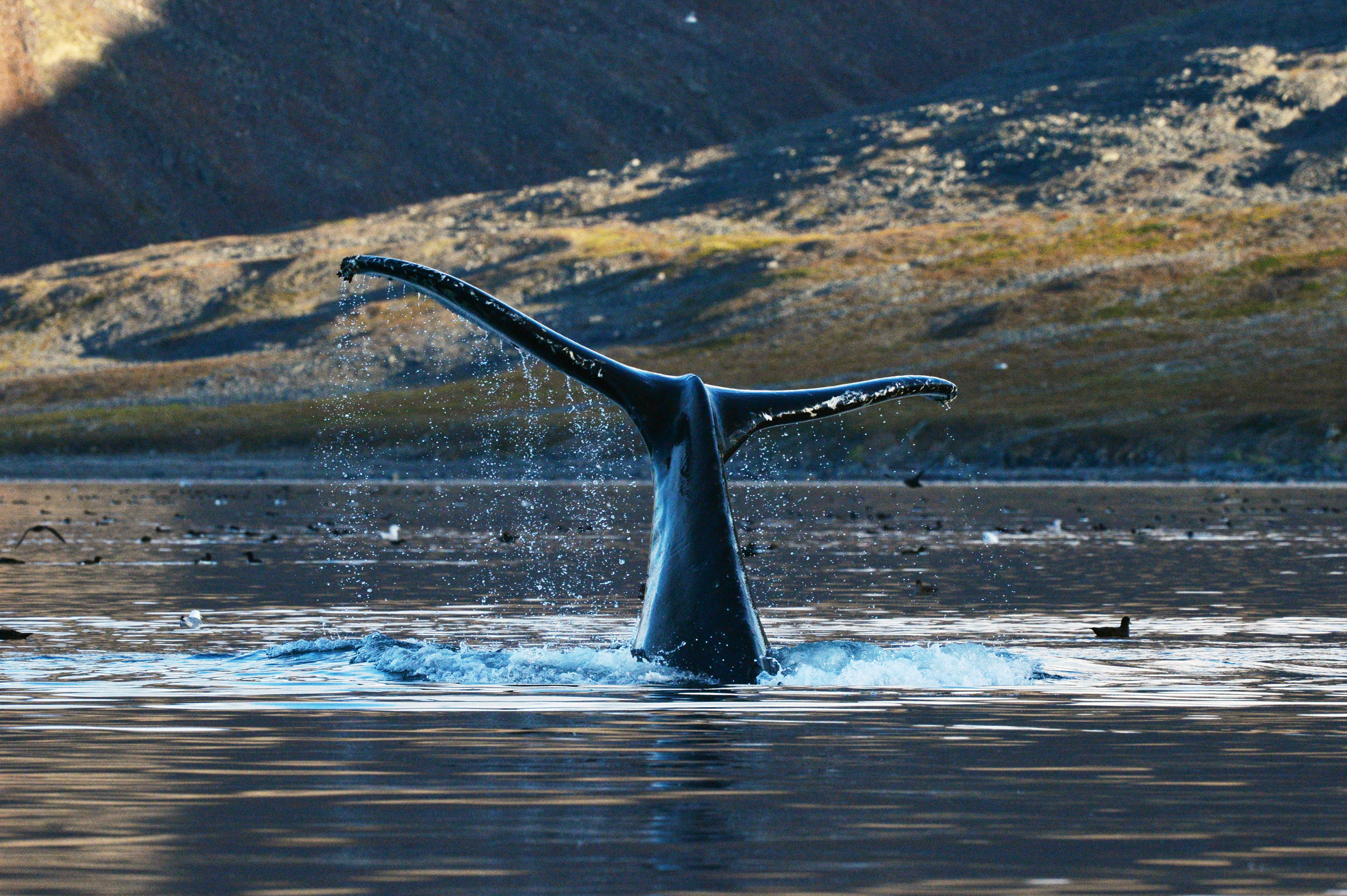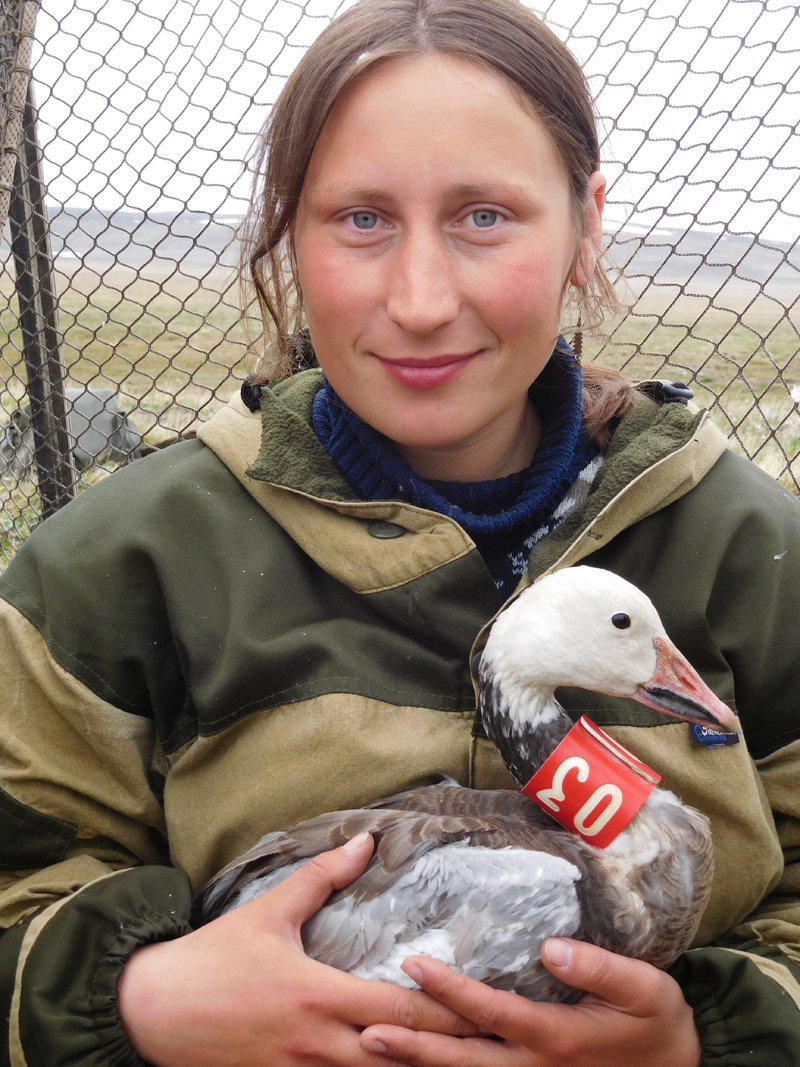Inspectors get to the island in helicopters via the Long Strait, usually through the town of Pevek. The nature reserve can afford three flights a year by MI-8 helicopters: in March, September and October. The island is completely isolated from the mainland from October to March. Ships arrive in summer and early fall, bringing in the bulk of supplies.
"We often say the word ‘to survive' because we spend a lot of time on maintaining our living conditions, keeping our living grounds in good shape. There is a lot of routine work and repairs in summer. There are six of us for everything," Gennady says. "But we get a lot of help from the island's heritage - things that were brought here by residents of villages and military units. When we have to repair something, we look for spare parts and building materials from the old supplies. The island teaches us to be thrifty."
All islanders are fairly superstitious. Nobody tries to guess when he will get from point A to point B. Travel occupies most of the time and everyone understands that anything can happen on the road: you can lose your way in a blizzard, your snowmobile can break down or you can come face to face with a polar bear."
"Nobody here works for money. How can you measure with money those immaterial benefits that you receive on the island? What is the price of your knowledge about your abilities or about who you are? You'll never be the same once you've been to the Island," Gennady says
He lives in a separate house on the island, he put it in order himself. "I didn't even notice this past winter. I had too much to do. I moved into a house that had been empty for several years. This is my first house. I don't see it as a state-owned housing."
Few people stay at the nature reserve for the duration of the second contract. Two people arrived on the island together with Gennady but now he works here alone.
"What's really hard here is missing what is left on the mainland. You have to choose between your family and your job," Gennady says. "People here believe in things that will sound ridiculous on the mainland, for example, that you need to protect little mice or cubs. We are doing a job that we are not ashamed of."
